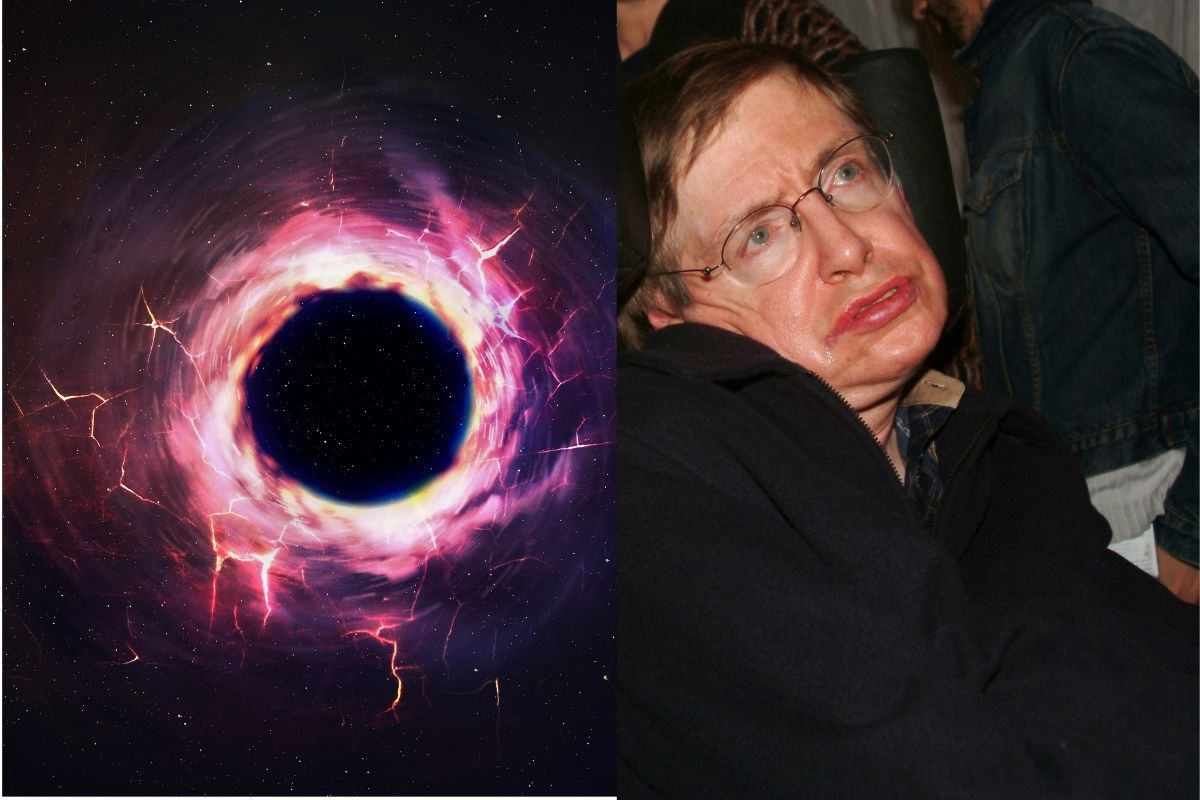
Instead, black holes have “apparent horizons”, surfaces which trap light but can also vary in shape due to quantum fluctuations, leaving the potential for light to escape.Īre the two horizons really that different? “The absence of event horizons means that there are no black holes – in the sense of regimes from which light can’t escape to infinity,” writes Hawking in his new paper, which he posted online earlier this week. Potentially, although you would probably need to be travelling at the speed of light. Wait a minute… does that mean you could actually escape from a black hole?

Now Hawking has waded in and says the solution is to give up the very thing that makes black holes so intriguing – the event horizon. Firewalls mean that one of the two theories is wrong, so physicists have been scrambling to find a compromise that doesn’t produce these flaming problems. It’s yet another quantum versus relativity showdown! This would break a rule of general relativity that says crossing a black hole’s event horizon should be uneventful – hence the paradox. A group led by Joseph Polchinski of the University of California in Santa Barbara suggested information leaving a black hole would produce massive amounts of energy, creating a wall of fire at the event horizon that would consume anything falling in. For the past 18 months the black hole community has been up in arms over a descendant of the information paradox, known as the firewall paradox. Meaning now everyone agrees about black holes? Hawking disagreed – until 30 years later, when he showed how it might be possible and was forced to concede a seven-year-old wager with another physicist. Other theorists suggested solving this “information paradox” by allowing information to escape from the black hole as it evaporated.

Quantum physics says that information about matter is never destroyed, even when it falls into a black hole. The theory of Hawking radiation also suggested that when a black hole dies, it takes everything inside with it, but that is a big quantum no-no. Instead, they should emit small amounts of radiation, causing them to shrink and eventually evaporate. Hawking applied quantum theory to black holes and realised they aren’t quite black. Quantum mechanics doesn’t get along with the other grand theory of physics, general relativity, making it difficult to understand situations in which both are relevant, such as black holes.

Then in 1974, Hawking added quantum mechanics to the black hole picture and sparked a row that has raged on until the present day (see timeline). According to theoretical physicists, they used to be regions of space-time – the fabric that makes up the universe – that have become so dense that their huge gravity generates an event horizon, from inside which nothing, not even light, can escape. Rather than getting sucked into a singularity of confusion, read our explainer Stephen Hawking has a new mind-bending theory about black holes, the bizarre cosmic objects that cemented his reputation as the world’s most famous living scientist.


 0 kommentar(er)
0 kommentar(er)
